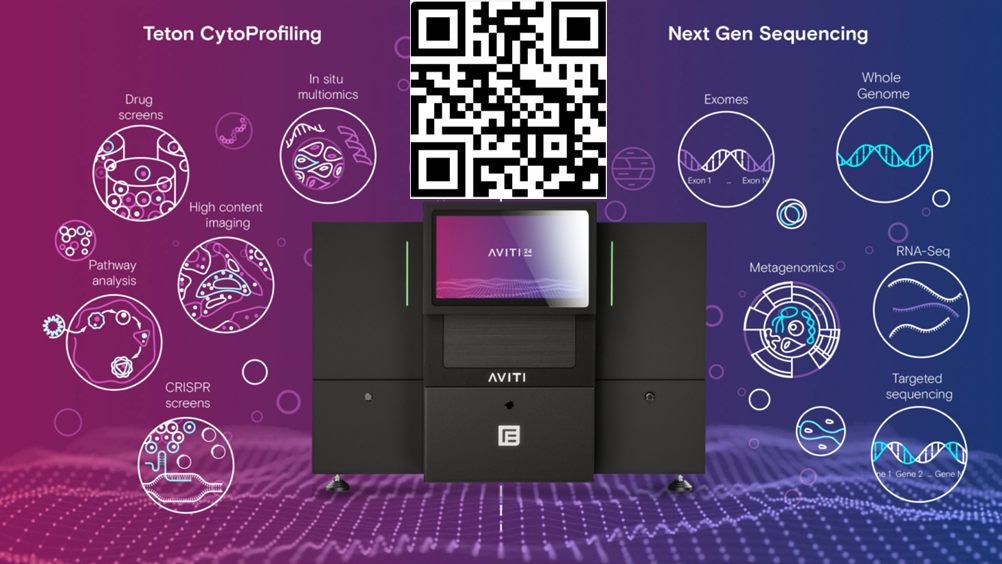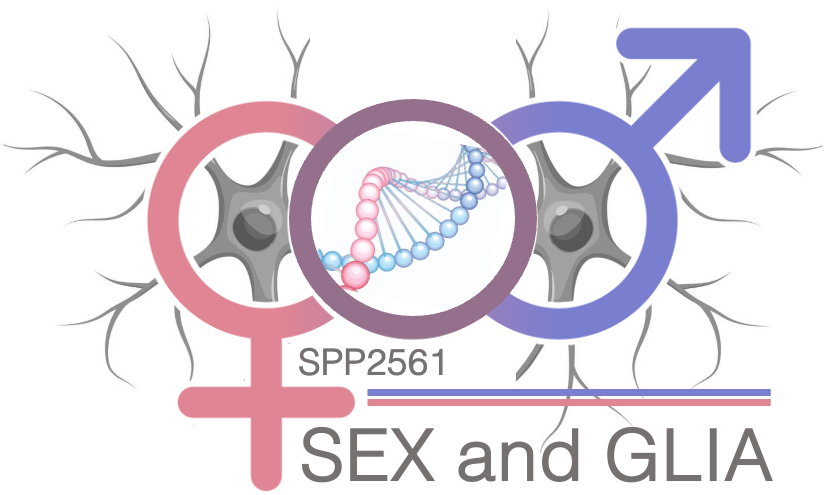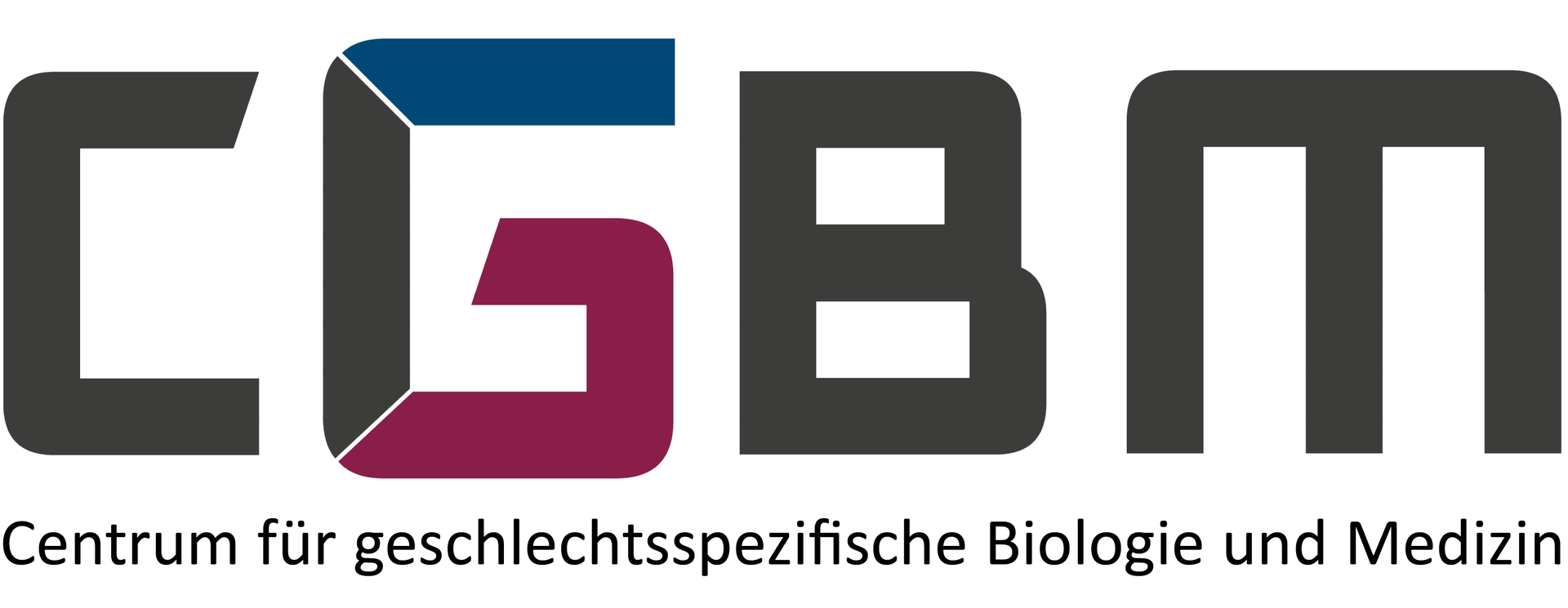
Our research focuses on the analysis of gene expression and epigenetic modifications in health and disease.
Particular interest is geared towards a better understanding of:
- the interplay between genetic predisposition and environmental influences in the pathogenesis of neurodegenerative diseases
- epigenetic modifications in ageing
- the potential of epigenetic signatures in diagnosing rare diseases and syndromes
News

Podcast Advent Calendar: Das ABC der Genetik
What do terms like allele, biomarker, and Z-DNA actually mean? This Advent season, the new podcast ABC der Genetik opens a small “knowledge window” every day - clear, engaging, and easy to follow. In each episode, Prof. Dr. Julia Schulze-Hentrich and Prof. Dr. Jörn Walter explore a different genetic term and explain why it matters for health, research or everyday life. The series kicks off with alleles — the gene variants that make us unique, from eye color to blood type.
"ABC der Genetik" is a German-language science podcast from the German Human Genome Phenome Archive (GHGA).
Find all episodes and more information here.

ZHMB Biologisches Kolloquium/Lunch Seminar - 'AVITI24: Mechanistic Multiomic Assays Discovery Breakthroughs at Record Speed'
As part of the ZHMB Colloquium, the Department of Genetics is organizing a Luch Seminar in collaboration with Element Biosciences on the applications and possibilities of the new Aviti24.
Join us for an in-depth look at how the AVITI24™ platform from Element Biosciences is redefining what's possible in biological research. AVITI24 combines single cell, spatial co-detection of RNA, protein, and morphology, and next-generation sequencing into one integrated system—all powered by our groundbreaking Avidite Base Chemistry™ (ABC™). From drug response pathway deconvolution and genetic perturbation screens to immune profiling and dynamic cell state analysis, AVITI24 empowers you to see more in every experiment. Discover the future of spatial biology: direct in sample sequencing, custom protein detection, and a first look at the next era of tissue innovation!
When and Where ? Thursday, November 27 - Building A4.3, Seminar room 0.01, Campus Saarbrücken
Programme:
12:15 - 13:00 Welcome & Lunch (sponsored by Element Biosciences)
13:00 - 14:00 Talk (Wilfrid Van IJcken, Element Biosciences)
14:00 open discussions
To participate online please use the MS Teams link: https://tinyurl.com/3w4pmh92 or the QR code in the picture.

New Priority Program: “SEXandGLIA: Sex-dependent mechanisms of neuroglial cell function in the context of health and disease”
The German Research Foundation (DFG) is establishing eight new Priority Programs (SPP), which are due to start in 2026. The eight new collaborations, which were selected from 53 submitted initiatives, will initially receive a total of around 55 million euros for three years. In addition, there will be a program allowance of 22 percent for indirect project expenses.
Prof. Schulze-Hentrich's research group will lead one of the new SPP consortia, which will investigate gender-dependent mechanisms of cell functions in the nervous system over a period of 6 years.
Further information can be found on the UdS news page and the SPP2561 web site.

Center for Gender-specific Biology and Medicine (CGBM)
Project: Integrative analysis of gender-specific epigenetic alterations in Parkinson´s disease
It becomes more and more evident that biological sex influences Parkinson's symptoms. While the risk of developing Parkinson's disease is twice as high in men as in women, women have a higher mortality rate and a faster progression of the disease. As the molecular mechanisms underlying these differences are still largely unclear, a better understanding is needed to potentially open up new avenues for pharmacological intervention. Here, the epigenome is of particular interest, as sexually dimorphic changes are in part a consequence of underlying differences in gene regulation and epigenetic control. To better understand this regulation, our group became part of the Center for Gender-specific Biology and Medicine (CGBM) and will perfom an integrated analysis of disease-related sex differences in epigenome and transcriptome data from the brain and blood of Parkinson's patients compared to healthy controls. The focus is on changes in only one sex (sex-specific) as well as on changes in both sexes in the opposite direction (sex-dimorphic changes). Further integrated pathway and network analyses will be used to identify coordinated sex-dependent changes. Please find further information here.
-
-
more Team
Team
-
more Research
Research
-
more Publications
Publications
-
more Software
Software
-
more Teaching
Teaching
-
more Epigenomics Sequencing Facility
Epigenomics Sequencing Facility
-
more Contact us
Contact us
-
